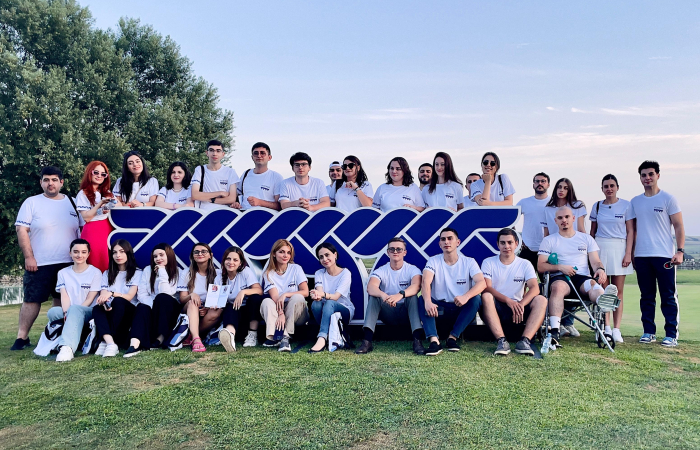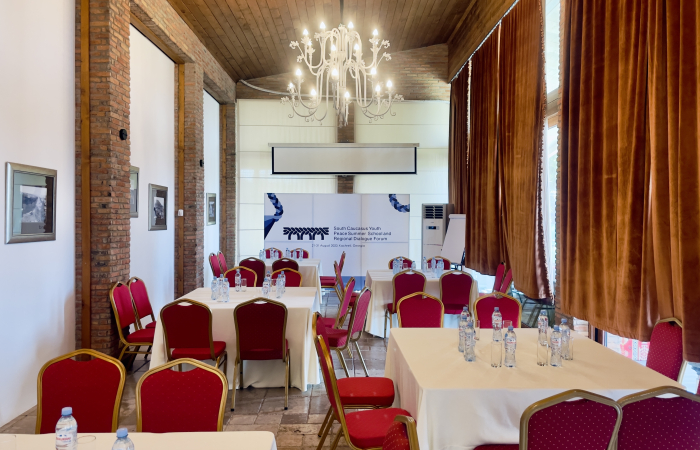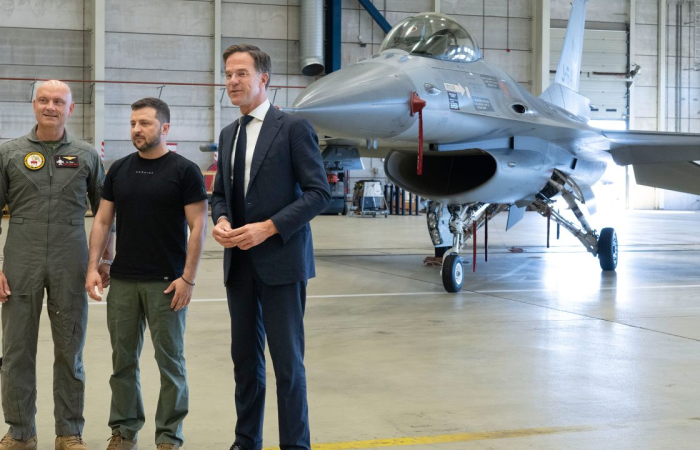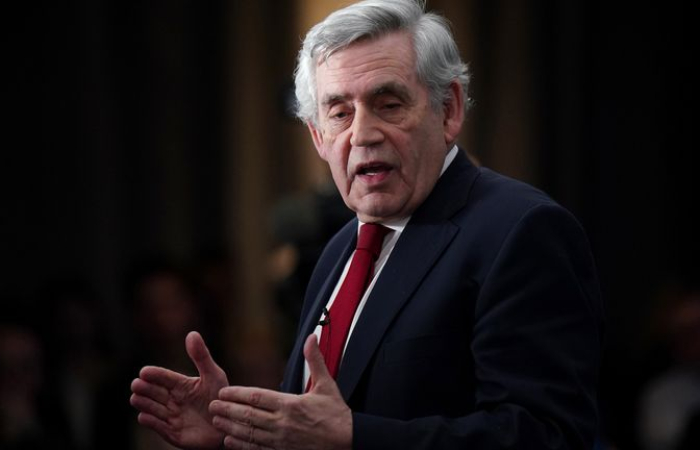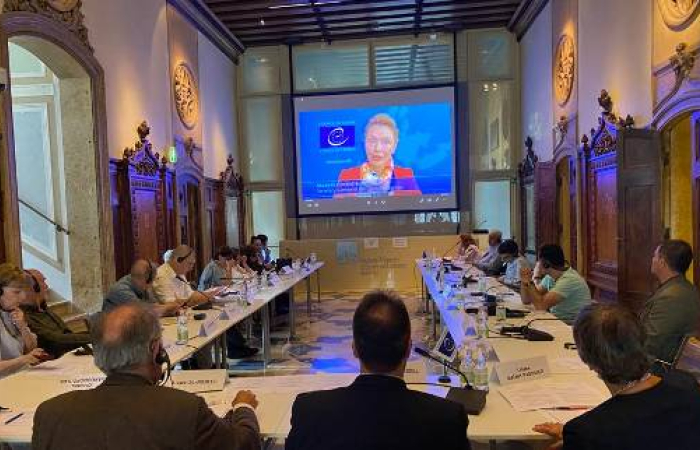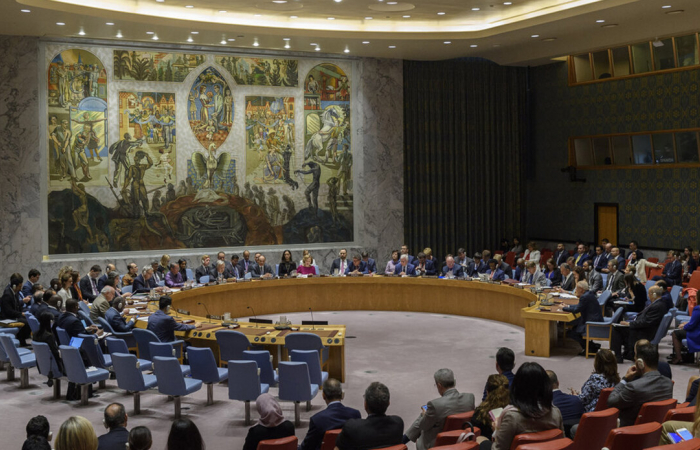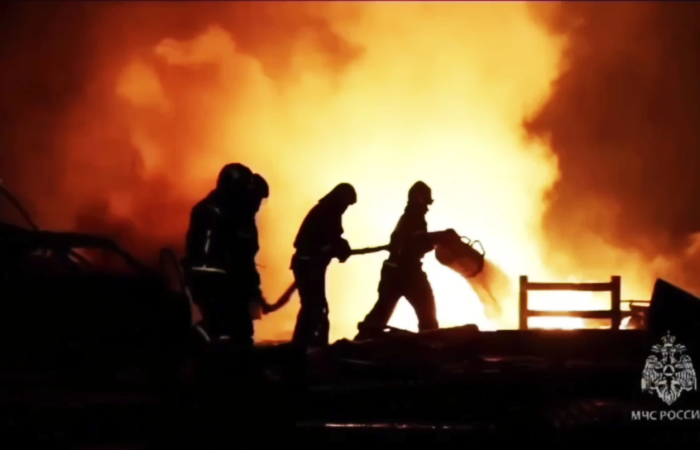Trending
“The role of religion in peacemaking is to preach love, including of those who are different from us, those who are not like us” – Metropolitan Grigoli of Poti and Khobi
23 August 2023
“Religion will play a more effective role in the establishment of peace when we do not offer our believers only religious dialogues or other formal formats, but we call and teach them to firmly adhere to the divine blessing, the doctrines that from time immemorial teach us to love our neighbour, condemn violence and inspire us to be at peace with ourselves and with the world.
The role of religion in peacemaking is what it should always have been - to preach love, including of those who are different from us, those who are not like us. There is a lot of material for this kind of teaching in the Caucasus region, and not using it is an important missed resource, especially if we take into account the fact that the vast majority of the population of our countries consider themselves believers.”
This was stated by His Grace Metropolitan Grigoli, Archbishop of Poti and Khobi whilst addressing participants of the first South Caucasus Youth Peace Summer School (SCYPSS), which is being held in Kachreti, Georgia from 21-31 August 2023. Metropolitan Grigoli warned that “wounds caused by war and conflict cannot be healed by another war! The power of mind and language is always greater than that of arms, and peace between countries should be built on the peace-loving nature of human being; All paths leading to peace today are expressions of responsible moral consciousness”.
At the end of his speech Archbishop Grigoli praised the initiative to hold the first South Caucasus Youth peace Summer School and congratulated participants for their contribution to the work of the School.



